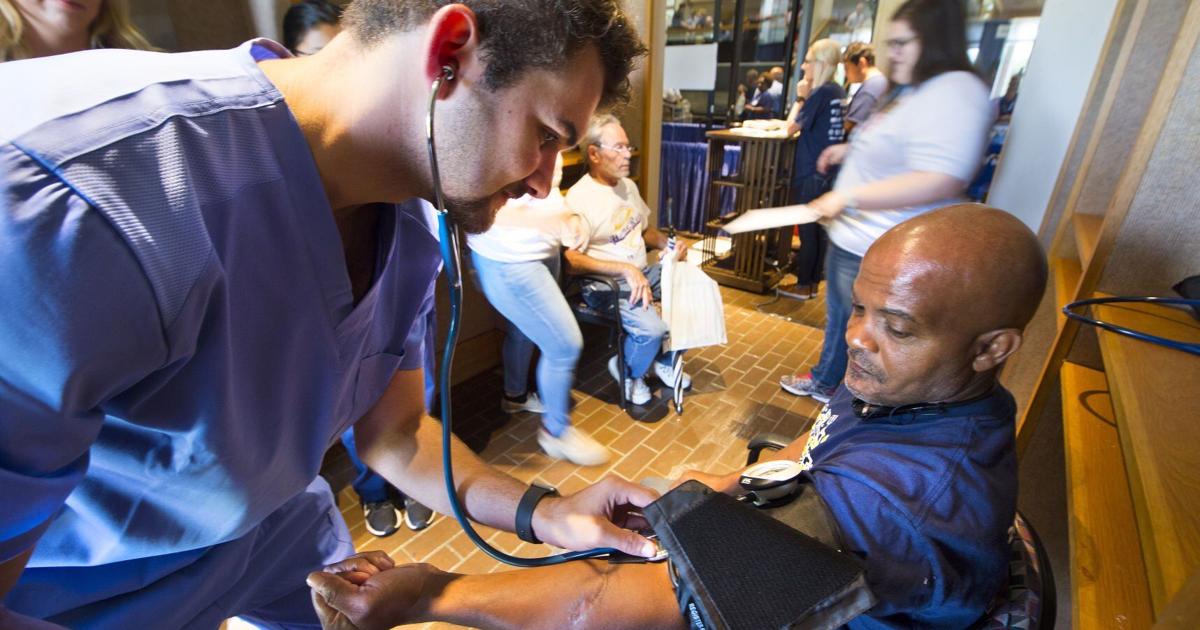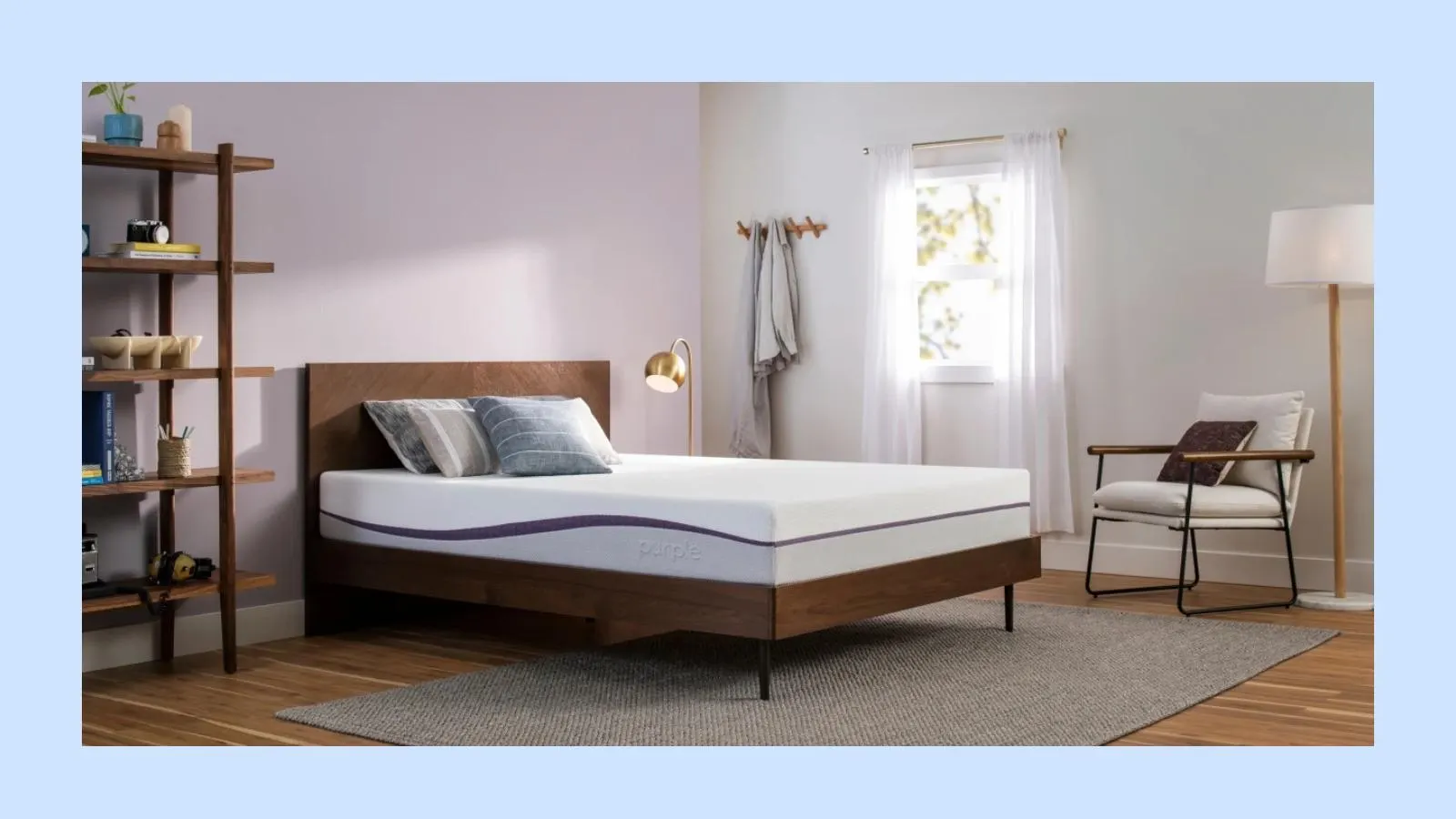Copyright Baton Rouge Advocate

Louisiana men live an average of around 69 years, between five and six years less than the national average, according to the Centers for Disease Control and Prevention. State data show fewer than two-thirds saw a doctor in the past year. That gap, driven by delayed care, economic barriers and long-standing cultural norms, costs lives and strains families. Many men don't prioritize their own health, said Glenis Scott, prevention program manager at CrescentCare in New Orleans, often because showing up to work or responsibilities to family or friends win out over going to the doctor. "Those consequences they see as greater than their own health," Scott said. He’s seen men who won’t seek care until a crisis makes it unavoidable. His outreach teams go where men already feel at ease to talk about preventive care, testing and sexual health. To gain trust, they first must find “gatekeepers” of trusted spaces — the barbers who know every customer by name, the person who unlocks the gym or the owner of the local dive bar. Those conversations can be raw and personal. Men talk more freely, he said, when they’re away from family or work, in places where they can drop their guard. Some are hearing basic health information for the first time, having grown up without comprehensive sex or health education, which is not required in Louisiana. “A lot of them have never had these conversations at all,” Scott said. 'No such thing as a well-man visit' Dr. Keith Ferdinand, professor of medicine and director of preventive cardiology at Tulane University, sees the result of those years of avoidance: heart disease, stroke and kidney failure. Cardiovascular disease remains the leading cause of death for men in Louisiana and the chief driver of the state’s mortality gap between White residents and Black residents. The prevalence of heart disease is 46.7% among Black Louisianans, compared with 38.4% for White residents, according to state data. Men have higher rates of uncontrolled hypertension and diabetes and often don’t have preventative care with a doctor because of cost, limited insurance or cultural norms about toughness and independence. “Many of these patients feel fine until their first symptom is a heart attack,” Ferdinand said. Women, he noted, are conditioned to seek preventive care from adolescence through regular checkups and reproductive care. Men have no equivalent. That lack of routine can be deadly. “There’s no such thing as a well-man visit,” Ferdinand said. Some solutions are beginning to take shape. At Tulane, Ferdinand helped lead the CHERISH study, which embedded health workers in churches to screen for high blood pressure, diabetes and high cholesterol. But men were a small fraction of participants because they attend church less often than women. To reach them, he’s proposed expanding into New Orleans’ social and pleasure clubs through second line events and recreation centers where men already gather. Next month, the American Heart Association plans to install self-use blood pressure kiosks in several New Orleans Recreation Department facilities, from Joe W. Brown Park in New Orleans East to the Tremé Center. Cultural norms A family member is often the reason some men are prodded into Dr. Clayton Runfalo’s office in Gonzales. “Their partner brings them in,” he said. “They're quick to change their oil in their car and do the maintenance on their truck or their boat, but to do the preventative maintenance on themselves, they just don't do it." Boys are told to “shake it off” or “be strong,” said Runfalo, lessons that carry into adulthood. By the time men finally visit a doctor, preventable conditions like high cholesterol or elevated blood pressure may already be entrenched. He’s seen patients who delayed colon cancer screenings or ignored symptoms until they required surgery. Fear is a factor, especially if the procedure involves an uncomfortable exam. New technology has made some screenings less invasive. Runfalo pitches a take-home kit that is a colonoscopy alternative to his more reluctant patients as “poop-in-a-box.” But real change depends on men developing a long-term relationship with a doctor who can screen for the usual men killers: cardiovascular disease, prostate and colon cancers, diabetes, mental health issues and even sleep issues, which can turn into serious problems as men age. "Their primary care doctor, their family doctor, is their biggest health care partner," Runfalo said.



